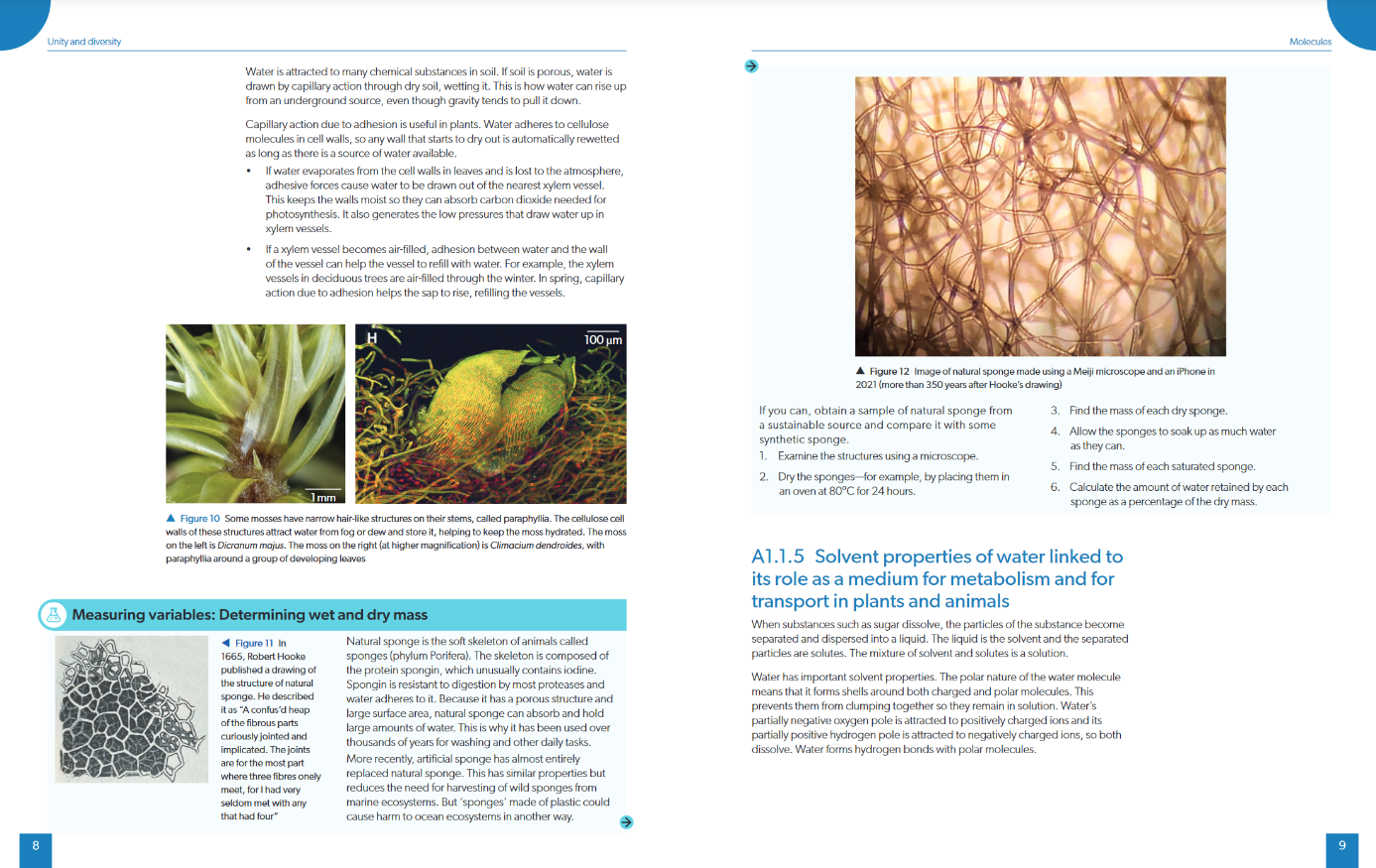What are the solvent properties of water linked to its role as a medium for metabolism and for transport in plants and animals?

Understand the Problem
The question discusses the behavior of water in relation to soil and plants, specifically focusing on capillary action and the role of water as a solvent for metabolic functions in organisms. It seeks to explain the mechanisms through which water facilitates various biological processes.
Answer
Water dissolves polar substances, aiding metabolism and transport.
Water's solvent properties allow it to dissolve polar substances, facilitating metabolic reactions and the transport of nutrients and wastes in plants and animals.
Answer for screen readers
Water's solvent properties allow it to dissolve polar substances, facilitating metabolic reactions and the transport of nutrients and wastes in plants and animals.
More Information
Water's polarity allows it to dissolve other polar molecules and ions, acting as a medium for biochemical reactions and transport in organisms. This supports various life processes, including nutrient absorption and waste removal.
Tips
A common mistake is not recognizing that only polar substances dissolve in water due to hydrogen bonding, crucial for many biological processes.
Sources
- Properties of Water - StudyMind - studymind.co.uk
- Solvent Properties - BioNinja - ib.bioninja.com.au
- Biological Roles of Water - sitn.hms.harvard.edu
AI-generated content may contain errors. Please verify critical information